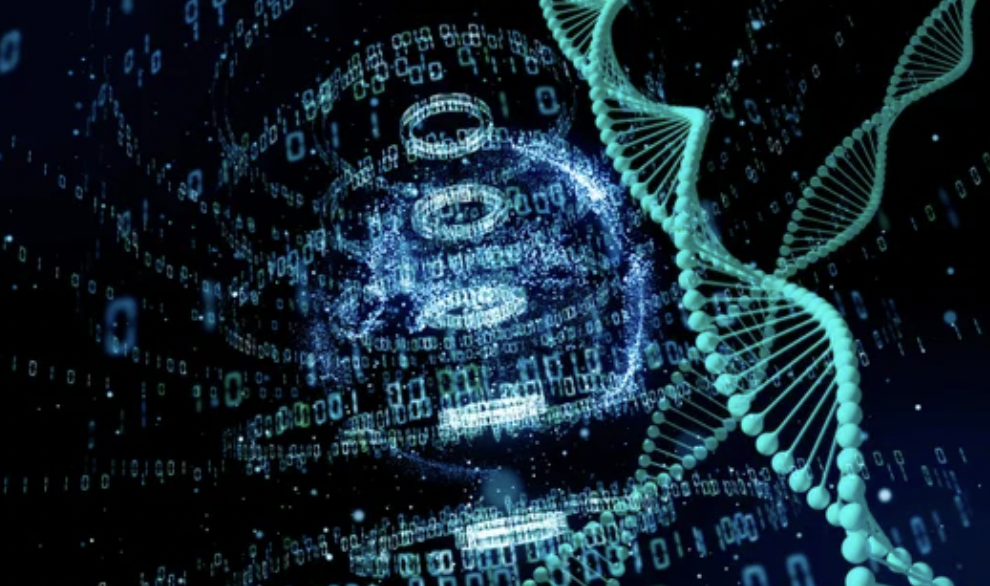
From Data to Dialogue: How AI can Shape the Future of Genetic Counseling
In the age of genomics, genetic counselors are crucial in helping individuals and families understand and use complex genetic information. Their knowledge of genetics and support skills makes them vital interpreters and advocates in the complicated world of genetics and patient care. For genetic counselors, the growth of genetic testing offers both benefits and challenges: more information allows for better diagnoses but also brings new difficulties in interpretation.
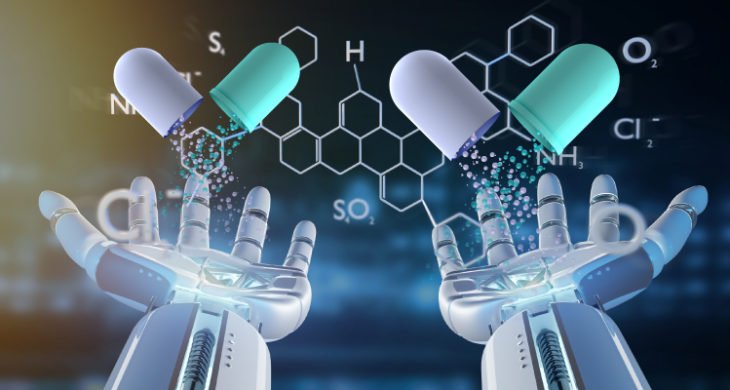
Artificial Intelligence in Drug Discovery
Artificial intelligence plays a crucial role in drug discovery. For instance, the IBM Watson supercomputer helps create personalized cancer treatment plans by linking patient data with a large database. These connections can aid both drug discovery and targeted treatment. AI has advanced enough to directly assist in discovering new drugs. It quickly processes and analyzes data on gene expression, pharmacology, drug design, and screening, speeding up development. A recent example is the biotechnology company Berg, which is using AI to design a new cancer drug, BPM31510, for pancreatic cancer, now in a phase II clinical trial. AI is increasingly valuable in all steps of drug development, from finding drug candidates to predicting how safe and effective they will be.
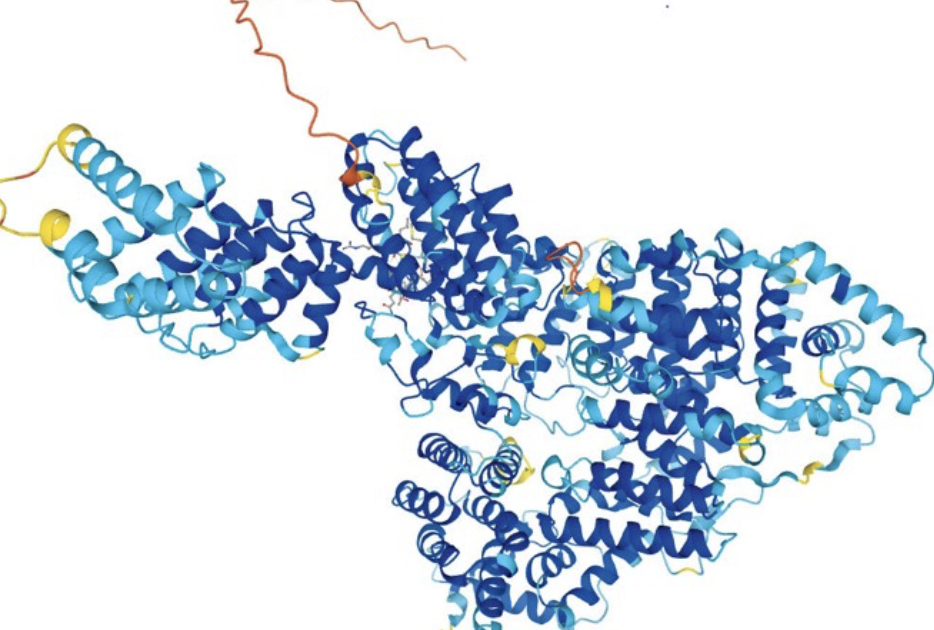
AlphaFold: Artificial Intelligence in Protein Structure Prediction
Nobel Prizes in recent years, especially post-COVID, have recognized experimental results or theoretical advances with immediate or eventual utility. Significant breakthroughs often develop over generations, typically driven by dedicated researchers rather than simple insights. Artificial intelligence technologies have evolved for over 30 years, with advancements in computing leading to recent Nobel recognition. The 2024 Nobel Prize in Chemistry was awarded to John Jumper and Demis Hassabis for AlphaFold, an AI system predicting protein structures. Since its 2021 publication, AlphaFold 2 has been cited 27,000 times, and AlphaFold 3 predicts larger protein complexes with remarkable accuracy. This achievement will greatly advance biochemistry, reflecting years of development.
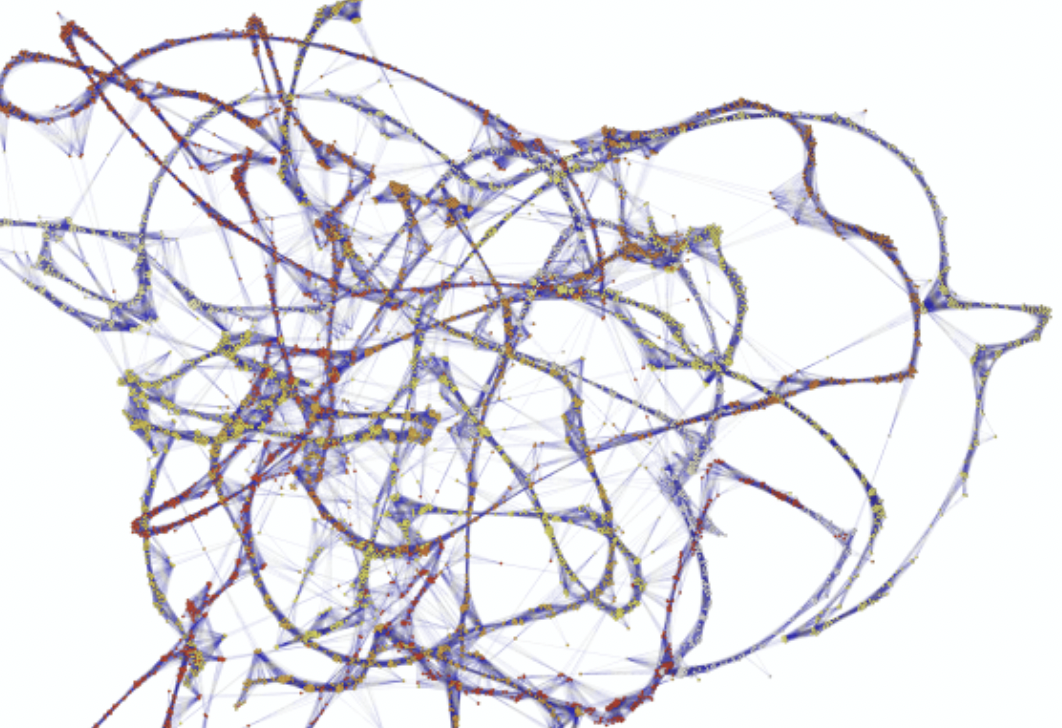
Artificial Intelligence in Genome Assembly
Genomic sequencing has traditionally been costly, time-consuming, and labor-intensive, hindering advancements in science and medicine. However, major strides have reduced the cost of whole genome sequencing to about $1000. This is mainly applicable to personalized medicine; theoretical genetics development necessitates extensive data collection and analysis, a task well-suited for artificial intelligence (AI). AI can help automate self-correction in science and computing, paralleling genomic sequencing efforts. The significant bottleneck occurs during the assembly phase, where DNA fragments with various sequences align to a reference genome. Faster genome assembly could enhance AI-based sequencing, lower costs, and drive theoretical genetics forward by improving data accuracy in variant calling and phenotypic studies.

ARTIFICIAL INTELLIGENCE IN GENETICS AND GENE THERAPY FOR PREVENTION, IDENTIFICATION,MEDICATION AND ANNIHILATION OF CANCER
Cancer, once uncommon, is now a leading cause of death worldwide. This article looks at the rise in cancer cases since 2000, by continent, and their current status. Advances in genetics and gene therapy are paving the way for earlier detection and treatment, with the potential to eliminate some cancers. Artificial intelligence (AI) is set to change cancer treatment by mapping genetic pathways and providing personalized care. We also examine the causes of cancer in various regions, considering environmental, genetic, and lifestyle factors. Although there are significant challenges ahead, the future of cancer prevention and treatment is hopeful with these advancements.
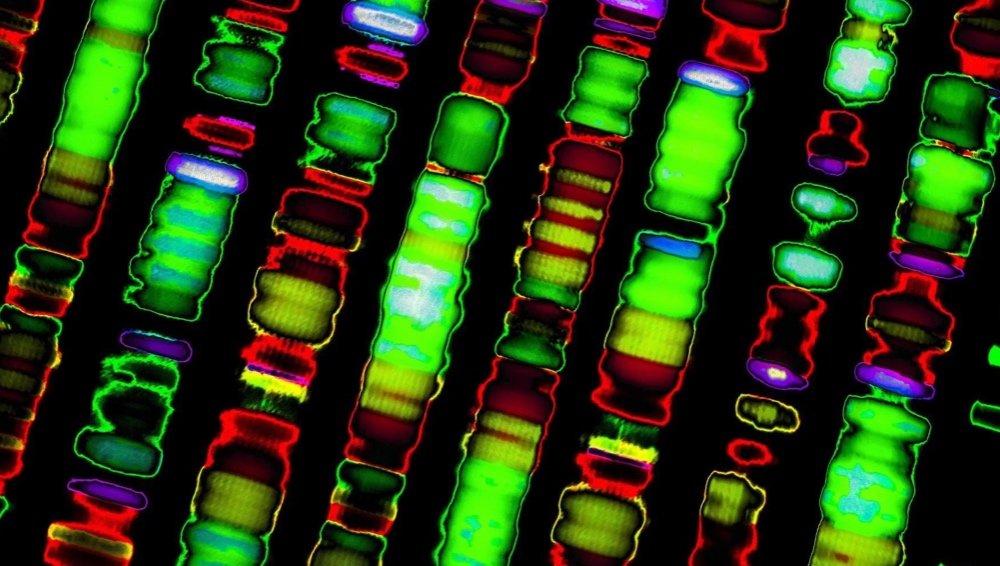
The Role of Artificial Intelligence in Genetic Sequencing
The demand for high-speed DNA sequencing in science and medicine has grown significantly, leading to advancements in these technologies. Illumina sequencing remains the leading method, using fluorescent labels and flow cells for large-scale sequencing, while nanopore and SOLiD technologies offer alternative approaches. Artificial intelligence has greatly benefited genetic sequencing, enhancing data analysis, speed, and accuracy. With the growing need for storage, human genome data could reach 40 exabytes by 2025, which will require faster data processing. Improved variant calling will enhance disease diagnosis and treatment, making these medical applications more accessible. Overall, enhanced data analysis promises deep insights into the human genome and gene expression.
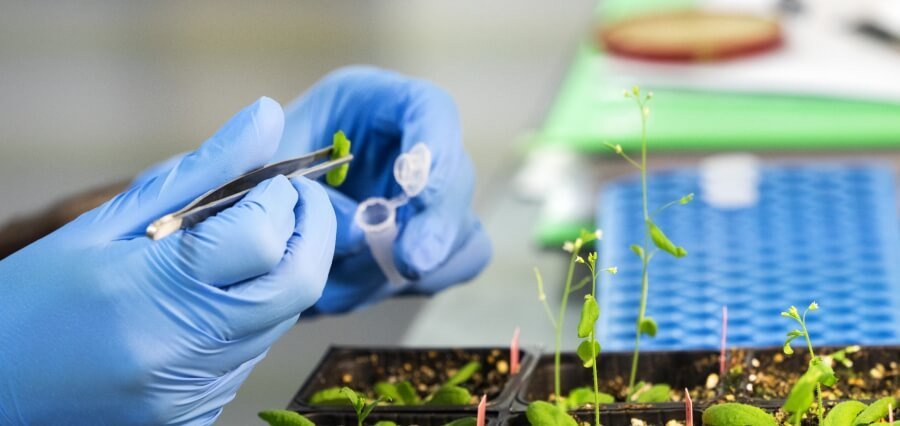
The Role of AI in Agricultural Genetics: Revolutionizing Crop Breeding and Sustainability
Artificial Intelligence and agricultural genetics are changing how we breed and maintain crops. With growing global food security issues and a need for sustainable farming, AI tools are essential and inspiring solutions. This article explores how AI-driven methods in agricultural genetics are transforming crop breeding, improving resilience, and promoting sustainability, showcasing the potential of technology in agriculture.

The Pandemic Gene: Artificial Intelligence in the Identification and Prediction of thePandemic Gene
This paper discusses how Artificial Intelligence (AI) can help identify and predict genes linked to pandemics. These "pandemic genes" can make pathogens more likely to cause large outbreaks. By using AI to analyze complex data, such as genetic information, environmental conditions, and population trends, researchers can better foresee pandemics and find genetic markers that increase infectivity. New methods, like using real-time environmental data and CRISPR gene-editing, present fresh opportunities for preventing and managing pandemics. However, there are ethical and practical issues to consider, like fair access to AI tools and ensuring data reliability. The paper emphasizes the importance of international teamwork and ethical guidelines in developing AI systems for predicting pandemics.
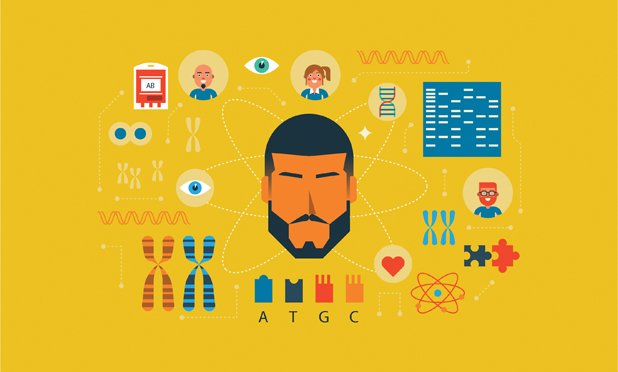
DTC Genetic Testing: A Pandora’s Box?
Direct-to-consumer (DTC) genetic testing is becoming more popular, allowing people to discover their genetic traits and health risks. These AI-driven tests give insights into ancestry, disease risks, and even personal preferences like coffee choices. However, the growth of AI in DTC genetic testing brings important ethical issues.

Enhancing the Accuracy of Genetic Disease Prediction through AI Algorithms
The rapid advancement of artificial intelligence (AI) significantly impacts genomics and genetic disease prediction. AI algorithms can process vast data, enhancing prediction accuracy. This paper explores AI integration in genetic models, innovative approaches, and how these technologies utilize available data to improve outcomes. It analyzes current methodologies and potential future innovations in genetic disease prediction.
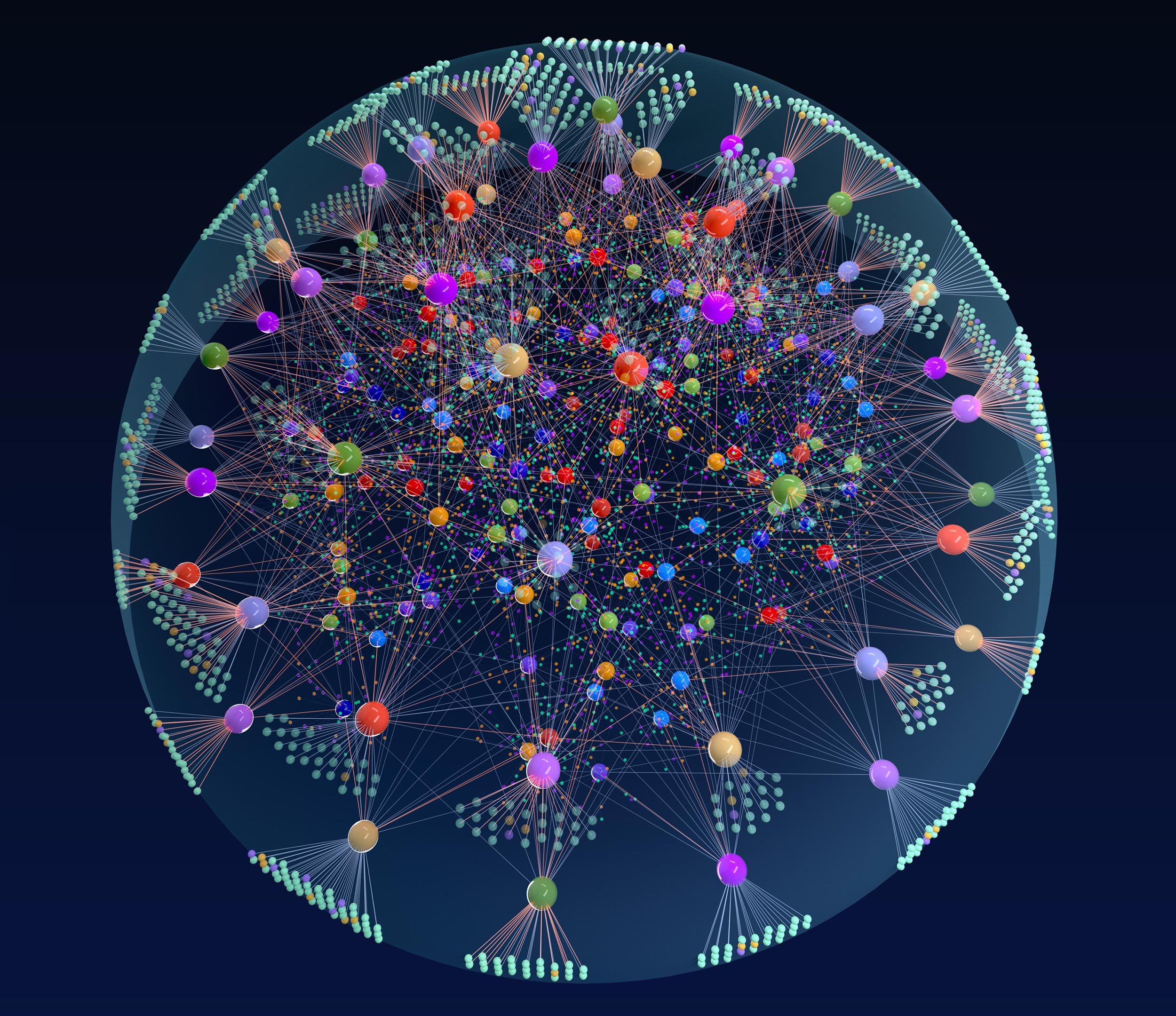
Revolutionizing Glioblastoma Treatment: How Multi-Omics is UnlockingPersonalized Therapies
Glioblastoma (GB) is the most aggressive primary brain tumor, with a median survival of about 15 months despite surgical, radiotherapy, and chemotherapy advancements. This grim prognosis underscores the need for innovative treatments. Recent years have seen a multi-omics approach—integrating genomics, transcriptomics, proteomics, metabolomics, and epigenomics—emerge as a powerful tool in developing targeted GB therapies. This article examines how this comprehensive approach helps unravel GB's complexity and informs personalized treatment strategies.
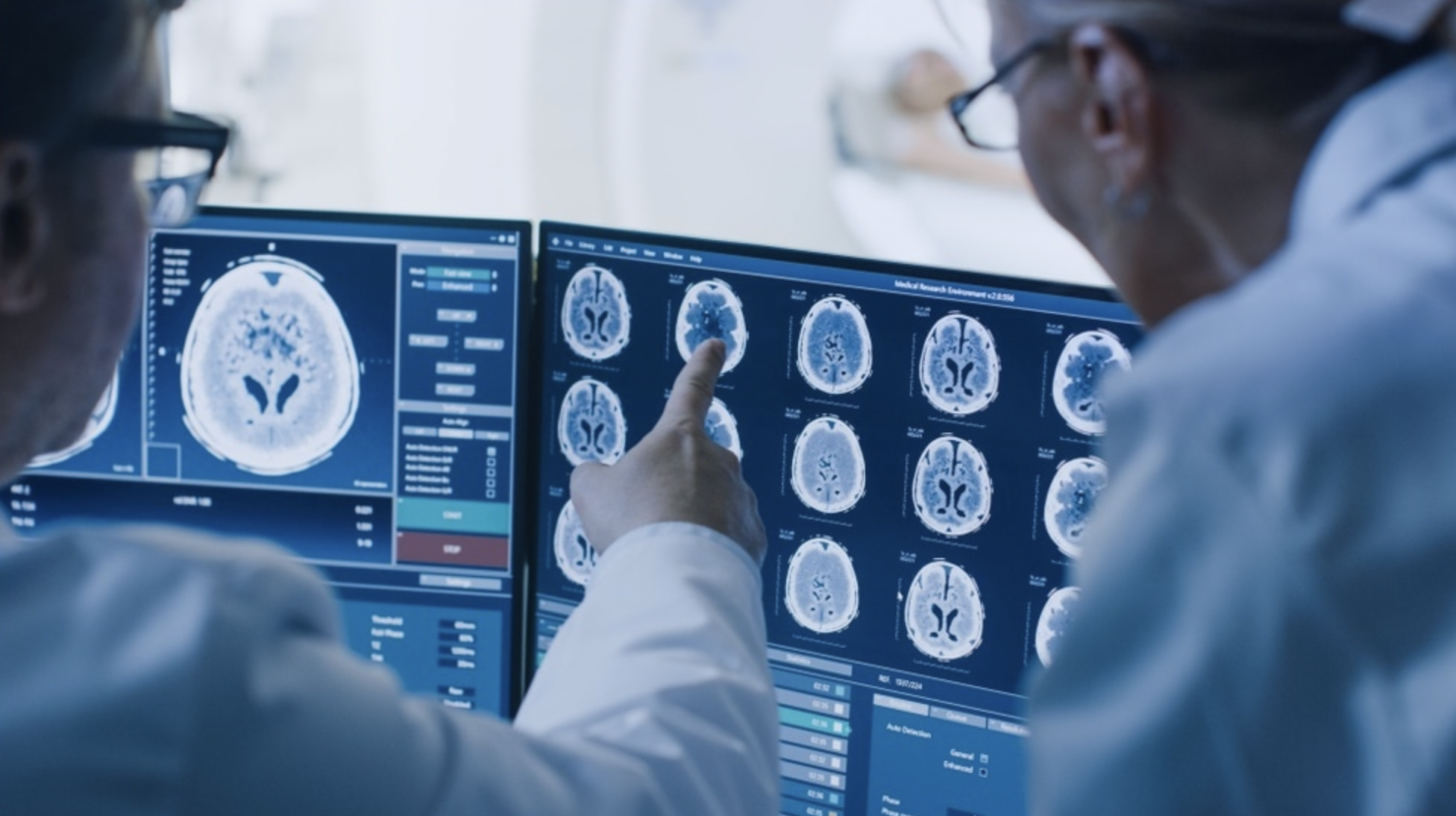
Artificial Intelligence for Oncogenomics: An Overview of Use and Impact
Artificial intelligence has advanced to a point where it can automate decisions and insights traditionally made by scientists and doctors. Medical diagnosis accuracy has improved significantly; machine learning algorithms analyze data with greater precision, approaching perfect efficiency, while deep learning creates necessary theories from models. Effective cancer detection relies on understanding cancer genetics, which has progressed slowly. AI promises advancements in cancer genetics—linking genes to cancer and treatment options. This breakthrough could yield immense benefits, enhancing our understanding of cancer and marking a significant milestone for AI's impact.

The Role of AI in Unraveling the Mysteries of Epigenetics: A New Frontier in Personalized Medicine
As we move further into the 21st century, the study of heredity continues to amaze with its rapid advancements. One area gaining attention from researchers is epigenetics — the study of how environmental factors and lifestyle choices can affect gene expression without changing the DNA sequence. However, the complexity of epigenetic changes poses significant challenges for scientists. Enter artificial intelligence, a groundbreaking tool that is transforming our understanding and use of epigenetic information. This article explores the intersection of AI and epigenetics, paving the way for a new era of personalized medicine.